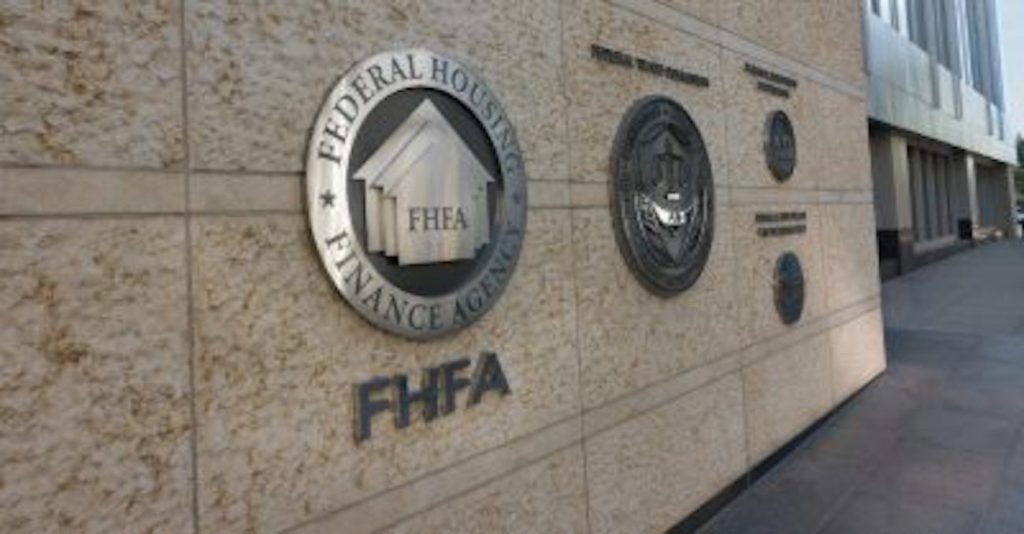The Federal Housing Finance Agency (FHFA) still wants to beef up its capital reserves and end conservatorship, but don’t count on that happening anytime soon.
In its 144-page annual report, the regulator of the government sponsored entities (GSEs) argued for greater capital requirements to withstand an economic downturn. It also asked Congress to authorize it to investigate nonbank lenders who do business with the GSEs and allow it to charter other entities to compete with the GSEs.
“A congressional grant of chartering authority would significantly reduce any competitive advantage arising out of the perception that the Enterprises are ‘too big to fail,’” the report reads.
The FHFA also asks that Congress eliminate any “special treatments” and exemptions for the GSEs in order to “level the playing field” with the private sector.
The paper also repeatedly argues for the need to raise enough capital to end conservatorship, although that scenario is unlikely.
Margins Slipping? Use Data for More Accurate, Dynamic Pricing
Thanks to the convenience of online rate-shopping tools, a boost in consumer knowledge of the homebuying process, and a growing number of independent mortgage banks, it is now more difficult than ever to lock in a borrower. See how pricing data can combat these challenges and keep profit margins from slipping.
Presented by: Nomis
“Capital is the foundation of financial safety and soundness,” the report reads. “Therefore, building capital is one of the most important steps in restoring each Enterprise to a safe and sound condition in which it can responsibly exit its conservatorship.”
One former GSE official who spoke to HousingWire questioned how much of the reports’ contents would be significantly revised, should a forthcoming Supreme Court decision allow President Biden to remove Mark Calabria, the FHFA director. Calabria, a Trump appointee and critic of the GSEs, is seen to have very different priorities for the regulated entities than the Biden administration.
Calabria has pushed for the GSEs to exit conservatorship, while the Biden administration has not signaled any intention to do so.
One reason the federal government is not likely to give up its control over the GSEs is the control over the housing market that conservatorship provides. The GSEs own or guarantee approximately half the country’s residential mortgage market.
That control was on full display during the FHFA’s response to the pandemic. The regulator suspended single-family foreclosures and foreclosure-related evictions, and rolled out forbearance options modeled on disaster response efforts.
The response may have averted a wave of foreclosures, but doing so had “significant costs,” the report notes. The Congressional Budget Office estimated that the enterprises’ 2020 earnings would take a $10 billion haircut.
In order to counteract that expected loss, the report said the agencies began adding an adverse market fee of 50 basis points on some refinance mortgages. That explanation bolsters arguments that the fees had nothing to do with mitigating risk to the agencies, and was actually just an attempt to pad its capital reserves.
The losses weren’t as grave as initially predicted. Fannie Mae’s net income in 2020 was $11.8 billion, down from $14 billion in 2019. Freddie Mac’s net income at the end of 2020 was $7.3 billion, a 2% increase from 2019.
Even though the GSEs didn’t take an absolute bath, it could have been much worse, the FHFA report argues.
“Had their positions been any weaker, they could have been at imminent risk of failure.”
The regulator also cautioned that although borrowers have continued to come out of forbearance, the number of seriously delinquent loans remains stubbornly high.
By the end of 2020, Fannie Mae and Freddie Mac still had 615,000 seriously delinquent loans in their single-family guarantee portfolio





